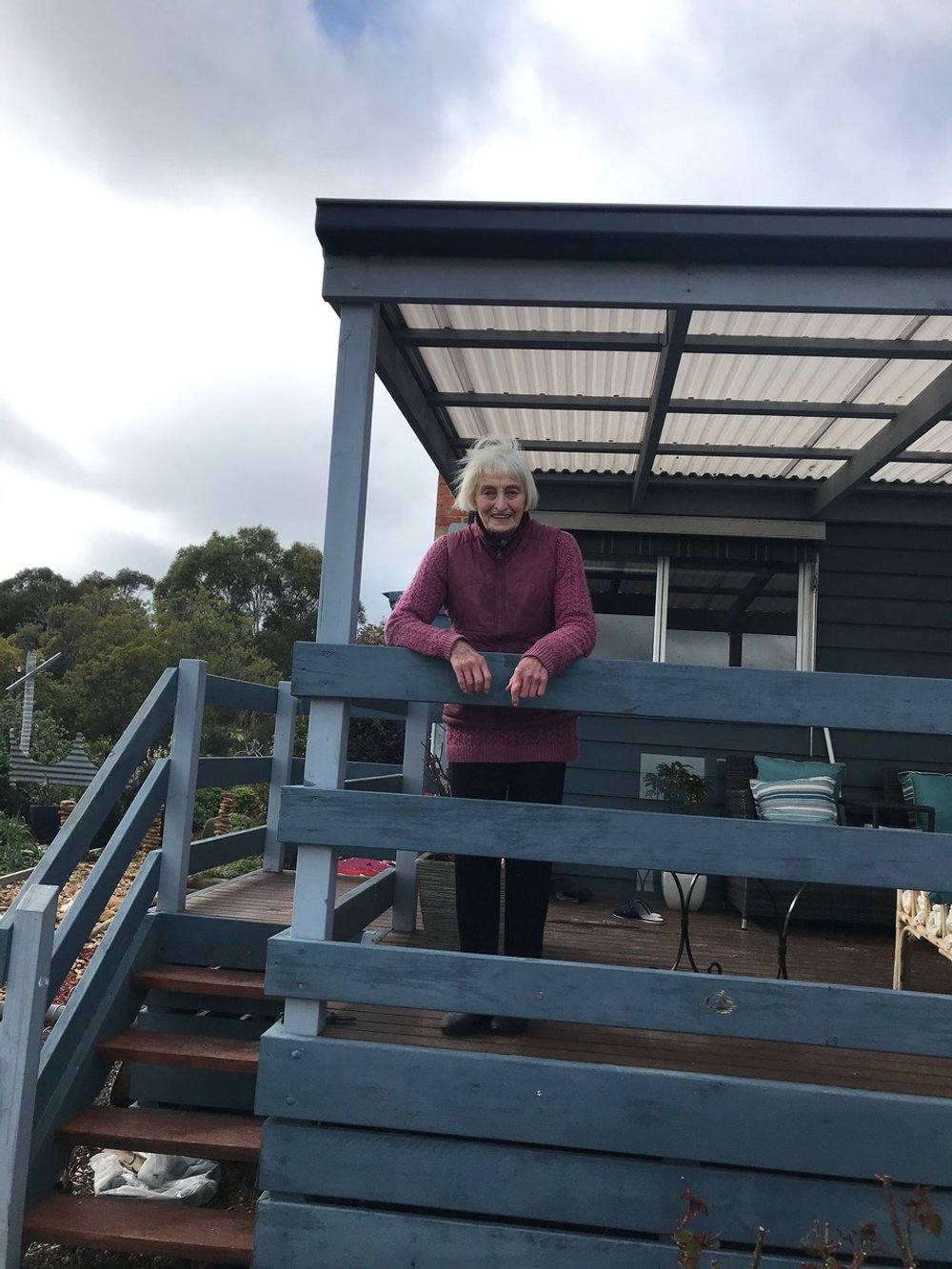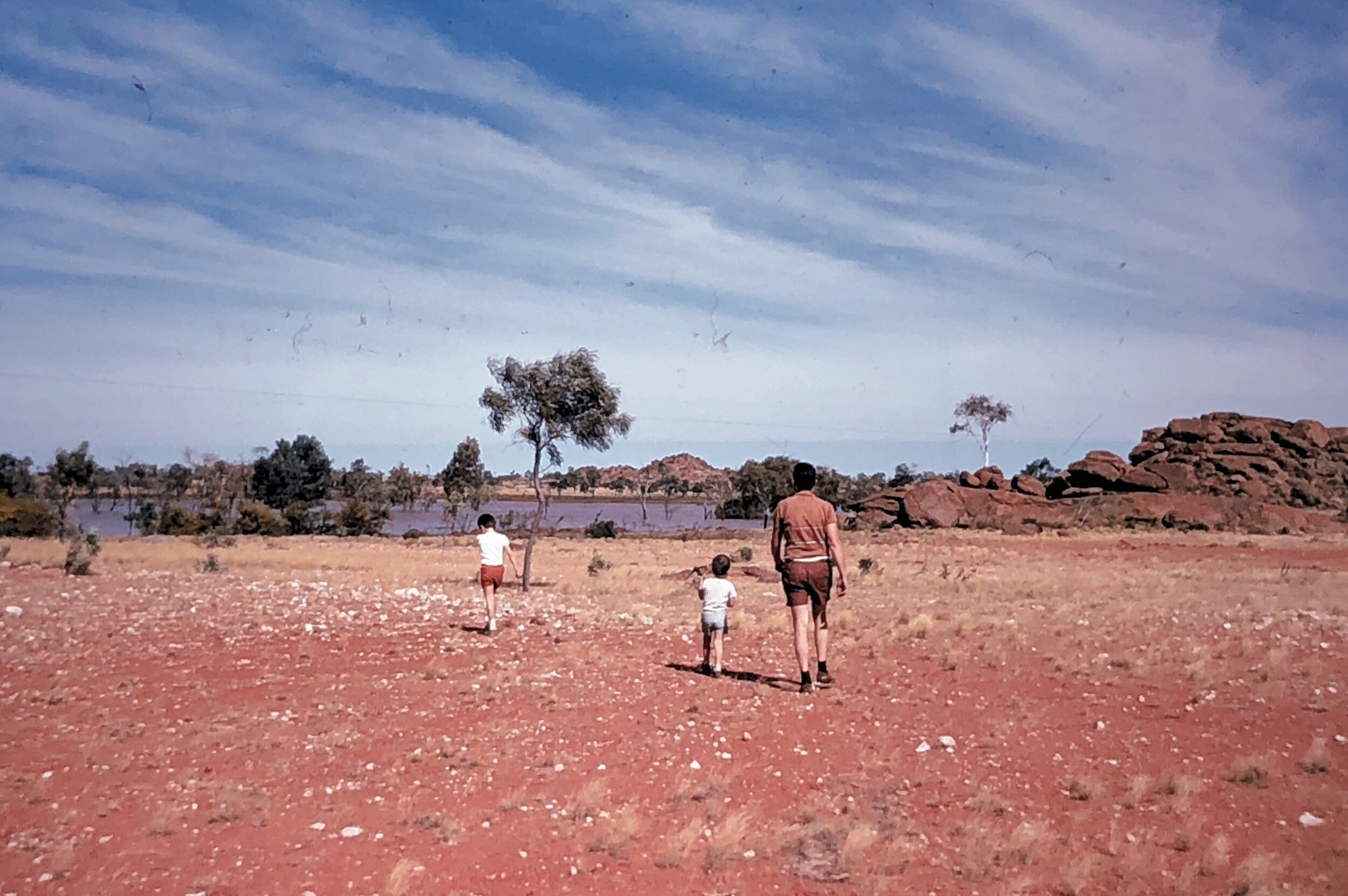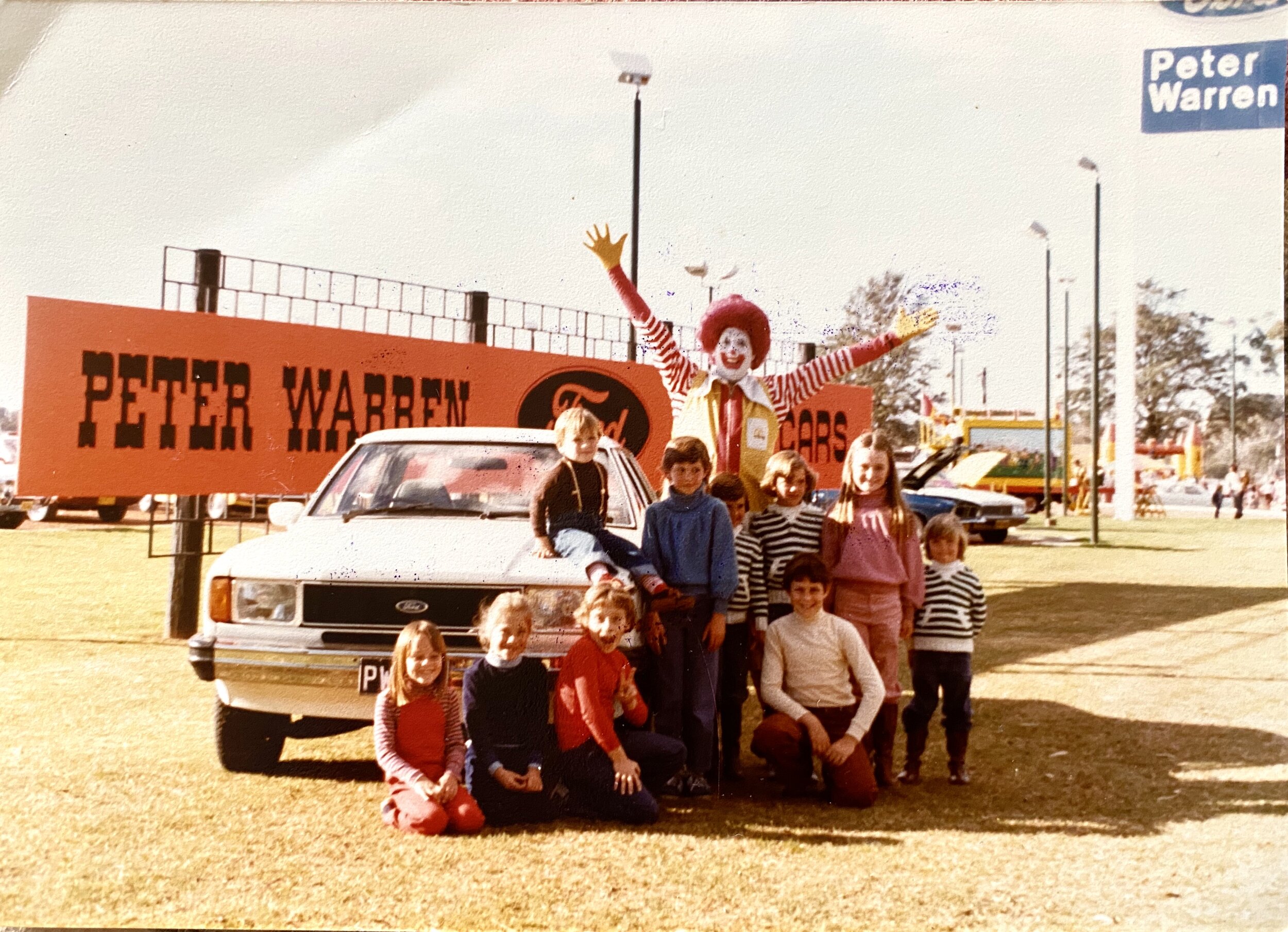10 June 2016, Louisville, Kentucky, USA
Thank you, ladies and gentlemen, uh, we’re at the halfway point [crowd laughs]. I was clean-shaven when this started.
Dear Lonnie, family, friends, Mr. President [Clinton], members of the clergy, all of these amazing people here in Louisville. Today, this outpouring of love and respect proves that 35 years after he stopped fighting, he is still the champion of the world.
Last week, when we heard the news, time stopped. There was no war, there were no terrorists, no global catastrophes; the world stopped, took a deep breath and sighed.
Since then my mind has been racing through my relationship with this amazing man, which is now 42 years that I know him. Every moment I can think of is cherished. And while others can tell you of his accomplishments, he wanted me to speak and tell you of some personal moments that we had together.
I met him in 1974, I was just getting started as a stand-up comedian and struggling. But I had one good routine: it was a three-minute conversation between Howard Cosell and Muhammad Ali where I would imitate both of them.
Ali had just defeated George Foreman and regained the heavyweight title. Sport Magazine made him the Man of the Year. Dick Schaap, a wonderful writer and a great man was the editor for Sport, and he hosted a televised dinner, honoring Muhammad Ali. So Dick called my agent looking for a comedian who did some sports material. As fate would have it, that comedian was not available and she wisely said — it’s destiny, man — and she wisely said: “But listen I got this young kid and he does this great imitation of Muhammad Ali and Cosell. He would be perfect for you.” I don’t know why, but Dick said: “O.K., I’ll try him. If he stinks I can cut him out of the show.” I couldn’t believe it. My first time on television and it would be with Ali.
I went to the Plaza Hotel; the event was jammed. I met Mr. Schaap, who would later become a part of my family. And he said: “Well, how should I introduce you? Nobody knows who you are.”
And I said, “Just say I’m one of Ali’s closest and dearest friends.” And my thought was I’ll get right to the microphone, go into my Howard Cosell and I’ll be fine. And then I nervously move into the jammed ballroom and that’s when I saw him for the first time in person. It’s very hard to describe how much he meant to me; you had to live in his time. It’s great to look at clips and it’s amazing to have them, but to live in his time, watching his fights, experiencing the genius of his talent, was absolutely extraordinary. Every one of his fights was an aura of a Super Bowl. He did things nobody would do.
He predicted the round he would knock somebody out in, and the he would do it! He was funny, he was beautiful, the most perfect athlete you ever saw — and those were his own words.
But he was so much more than a fighter as time went on, with Bobby Kennedy gone, Martin Luther King gone, Malcolm X gone, who was there to relate to when Vietnam exploded in our face?
There were millions of young men my age eligible for the draft for a war we didn’t believe in, all of us huddled on the conveyor belt that was rapidly feeding the war machine. But it was Ali who stood up for us by standing up for himself.
And after he was stripped of the title, and the right to fight anywhere in the world, he gave speeches at colleges and on television that totally reached me. He seemed as comfortable talking to kings and queens as the lost and unrequited. He never lost his sense of humor even as he lost everything else. He was always himself: willing to give up everything for what he believed in. And he used amazing rhetoric about the life and plight of black people in our country that resonated strongly in my house.
I grew up in a house that was dedicated to civil rights. My father was a producer of jazz concerts in New York City, and it was one of the first to integrate bands in the ‘40s and ‘50s. Jazz musicians referred to my dad as the Branch Rickey of jazz.
My uncle and my family, Jewish people, produced “Strange Fruit,” Billie Holiday’s classic song describing the lynching of African-Americans in this country. And so I felt him, and now there he was just a few feet from me. I couldn’t stop looking at him and he seemed to, like, glow, and he was like in slow motion, his amazing face smiling and laughing.
I was seated a few seats from him on the dais, and in the room were all the athletes in their individual sports, great ones: Gino Marchetti of the Baltimore Colts, Franco Harris of the Steelers, Archie Griffin who had won the Heisman from Ohio State, literary legends — Neil Simon, George Plimpton — all in a daze fawning over Ali, who then looked at me with an expression that seemed to say, “What is Joel Grey doing here?”
Mr. Schaap introduced me as one of Ali’s closest and dearest friends. Two people clapped: my wife and the agent. I rose, Ali still staring at me. I passed right behind him, got to the podium and went right into the Cosell: “Hello, everyone, Howard Cosell coming to you live from Zaire; some would pronounce it, ‘Zare.’ They’re wrong.” It got big laughs. And then I went into the Ali.
Impersonating Ali: “Everybody’s talking about George Foreman, George Foreman. George Foreman’s ugly, he’s so slow. George was slow, I catch ‘em voo! voo! voo! [swinging fists]. Then I rope-a-dope, I rope-a-dope George and I’m so fast, 33 years of age, but I’m so fast I could turn off the lights and be in my bed before the room gets dark.”
Still impersonating Ali: “However, I’m announcing tonight that I got new religious beliefs. From now on I want to be known as Izzy Yiskowitz. I am now an Orthodox Jew, Izzy Yiskowitz, “cha-im” [I am] the greatest of all time!”
The audience exploded. See, no one had ever done him before. And here I was a white kid from Long Island imitating the greatest of all time, and he was loving it.
When I was done, he gave me this big bearhug and whispered in my ear, “You’re my little brother,” which is what he always called me until the last time that I saw him.
We were always there for each other, and if he needed me for something, I was there. He came to anything I asked him to do. Most memorable: He was an honorary chairman for a dinner at a very important event where I was being honored by the Hebrew University in Jerusalem. He did all of this promotion for it. He came to the dinner. He sat with my family the entire evening. He took photographs with everybody; the most famous Muslim man in the world honoring his Jewish friend.
Because he was there, we raised a great deal of money, and I was able to use it to endow the university in Jerusalem with something that I told him about. And it was something he loved the theory of and it thrives to this day. It’s called Peace Through the Performing Arts. It’s a theater group where Israeli, Arab and Palestinian actors, writers and directors all work together in peace, creating original works of art. And that doesn’t happen without him.
I had so many, so many funny unusual moments with him. I sat next to him at Howard Cosell’s funeral, a very somber day to be sure. Closed casket was on the stage; Muhammad and I were sitting somewhere over there next to each other, and he quietly whispered to me, “Little brother, do you think he’s wearing his hairpiece?”
So I said, “Uh — I don’t think so.”
[As Ali] “Well then how will God recognize him?” So I said, “Champ, once he opens his mouth, God’ll know.” So he started laughing; it was a muffled laugh at first, but then we couldn’t contain ourselves. There we were at a funeral, me and Muhammad Ali, laughing like two little kids who heard something dirty in church, you know? We’re just laughing and laughing.
And then he looked at me and he whispered, “Howard was a good man.”
One time he asked me if I would like to run with him one morning, do road work. I said: “Well that would be amazing. Where do you run?”
As Ali: “Well, I run at this country club, and I run on the golf course early in the morning. It’s very private. Nobody bothers me. We’ll have a great time.”
I said: “Champ, I can’t run there. The club has a reputation for being restricted.”
As Ali: “What does restricted mean?”
“They don’t allow Jews there; they don’t have any Jewish members.”
He was incensed: “I’m a black Muslim and they let me run there. Little brother, I’m never gonna run there again.” And he didn’t.
My favorite memory perhaps was in 1979. He had just retired and there was a retirement party at The Forum, Los Angeles, for Muhammad and 20,000 of his closest friends in Los Angeles. I performed a piece that I had created, the imitation had grown into a live story called “15 Rounds.” I play him from the age of 18 until he’s 36, ready for the rematch with Leon Spinks. I posted it on the internet last week, footage that nobody had ever seen before of me portraying Ali doing his life for him all those years ago in 1979. There were 20,000 people there, but I was doing it only for him. It’s one of my favorite performances that I’ve ever done in my life; I sort of got lost in him. I didin’t even know where I was at the end of the performance.
And suddenly I’m backstage with another heavyweight champion, Richard Pryor. And Pryor is holding on to me, crying, and then I see Ali coming and he’s got a full head of steam and he’s looking only at me, and he nudged Mr. Pryor aside and he whispered in my ear with a big bearhug, “Little brother, you made my life better than it was.”
But didn’t he make all of our lives a little bit better than they were?
That, my friends, is my history with a man and I have labored to come up with a way to describe the legend. He was a tremendous bolt of lightning created by Mother Nature out of thin air, a fantastic combination of power and beauty. We’ve seen still photographs of lightning bolts, ferocious in its strength, magnificent in its elegance. And at the moment of impact it lights up everything around it so you can see everything clearly. Muhammad Ali struck us in the middle of America’s darkest night, in the heart of its most threatening gathering storm. His power toppled the mighty foes and his intense light shined on America and we were able to see clearly: injustice, inequality, poverty, pride, self-realization, courage, laughter, love, joy and religious freedom for all. Ali forced us to take a look at ourselves, this brash young man who thrilled us, angered us, confused and challenged us, ultimately became a silent messenger of peace, who taught us that life is best when you build bridges between people, not walls.
My friends, only once in a thousand years or so do we get to hear a Mozart, or see a Picasso, read a Shakespeare. Ali was one of them, and yet at his heart, he was still a kid from Louisville who ran with the gods and walked with the crippled and smiled at the foolishness of it all. He is gone, but he will never die.
He was my big brother.
Thank you.

















